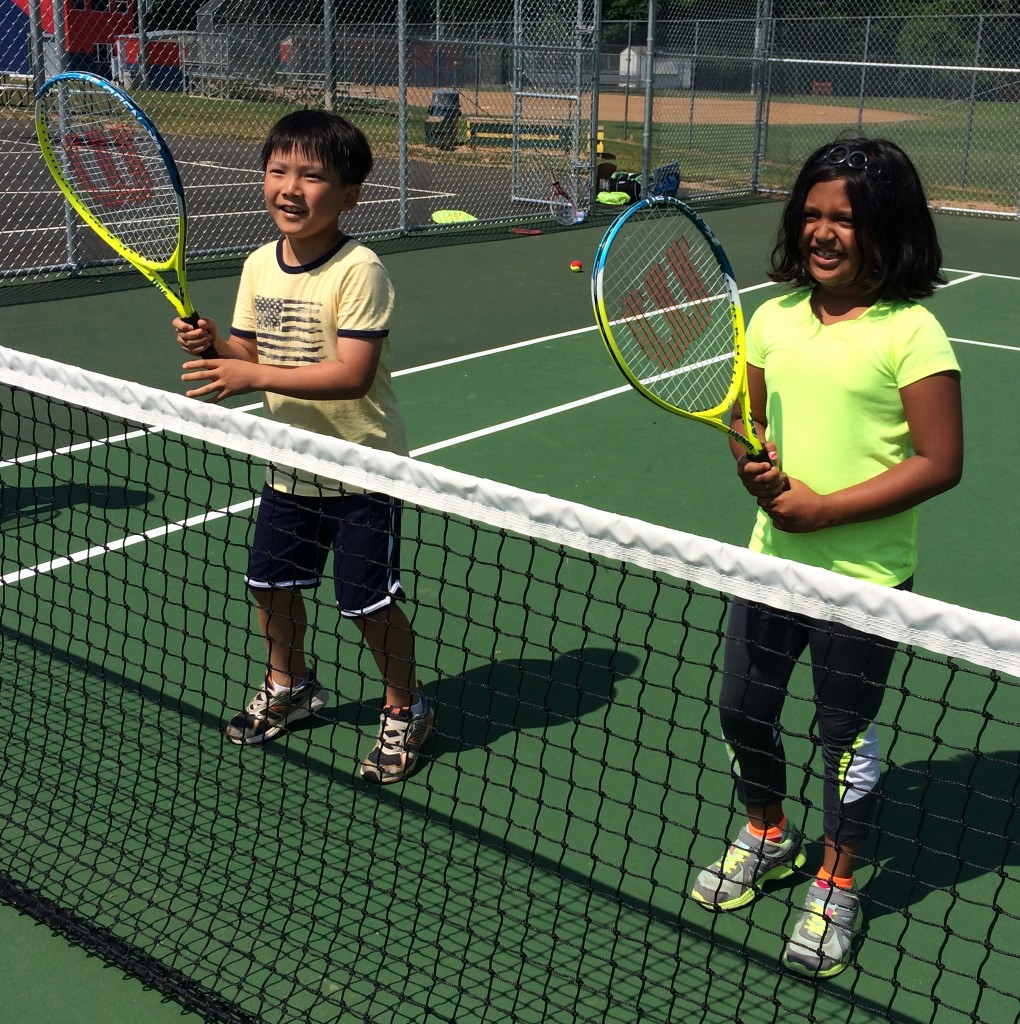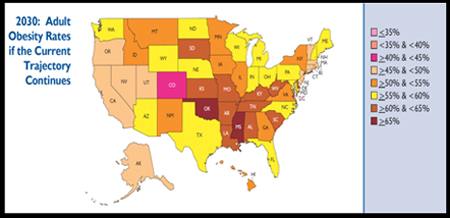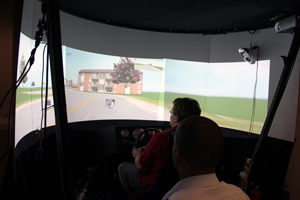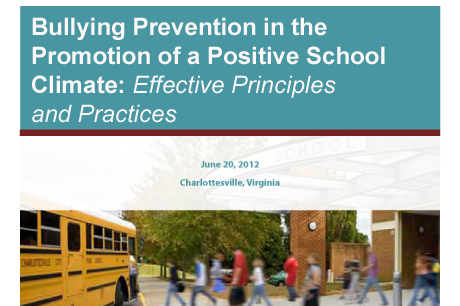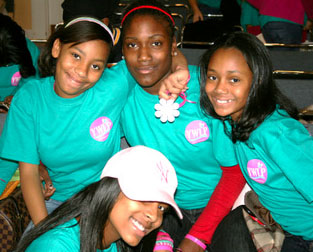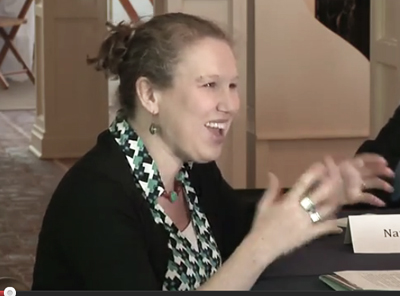
“Kids at Kubota Garden 2003” by Seattle Municipal Archives from Seattle, WA. Licensed under CC BY 2.0 via Wikimedia Commons
We are pleased to share the first in a series of four inter-related reports on Self-Regulation and Toxic Stress from the Duke Center for Child and Family Policy. In the current report, the authors introduce and describe a set of seven key principles that summarize their understanding of self-regulation development in context.
Aleta L. Meyer, Ph.D., of the Office of Planning, Research and Evaluation Administration for Children and Families at the U.S. Department of Health and Human Services, conceived the project, led the effort, and is the project’s program officer.
Key Authors:
Desiree W. Murray, Ph.D., Research Scientist, Center for Child and Family Policy, Duke University, Scientist and Associate Director of Research, Frank Porter Graham Child Development Institute, University of North Carolina at Chapel Hill. Desiree.murray@unc.edu
Katie Rosanbalm, Ph.D., Research Scholar, Center for Child and Family Policy, Duke University. Katie.rosanbalm@duke.edu
Self-regulation has become increasingly recognized for its foundational role in promoting wellbeing across the lifespan, including physical, emotional, social and economic health and educational achievement. Given this growing knowledge base and a desire to inform on-going services for children and youth from birth to young adulthood, the Office of Planning, Research, and Evaluation at the Administration for Children and Families commissioned a series of four inter-related reports from a team at the Center for Child and Family Policy at Duke University; the series is titled Self-Regulation and Toxic Stress.
The first report from that series, Foundations for Understanding Self-Regulation from an Applied Developmental Perspective, is now available and provides a comprehensive framework for understanding self-regulation in context, using a theoretical model that reflects the influence of biology, caregiving, and the environment on the development of self-regulation from birth to young adulthood. In that report, the authors introduce and describe a set of seven key principles that summarize our understanding of self-regulation development in context:
- Self-regulation serves as the foundation for lifelong functioning across a wide range of domains, from mental health and emotional wellbeing to academic achievement, physical health, and socioeconomic success. It has also proven responsive to intervention, making it a powerful target for change.
- Self-regulation is defined from an applied perspective as the act of managing cognition and emotion to enable goal-directed actions such as organizing behavior, controlling impulses, and solving problems constructively.
- Self-regulation enactment is influenced by a combination of individual and external factors including biology, skills, motivation, caregiver support, and environmental context. These factors interact with one another to support self-regulation and create opportunity for intervention.
- Self-regulation can be strengthened and taught like literacy, with focused attention, support, and practice opportunities provided across contexts. Skills that are not developed early on can be acquired later, with multiple opportunities for intervention.
- Development of self-regulation is dependent on “co-regulation” provided by parents or other caregiving adults through warm and responsive interactions in which support, coaching, and modeling are provided to facilitate a child’s ability to understand, express, and modulate their thoughts, feelings, and behavior.
- Self-regulation can be disrupted by prolonged or pronounced stress and adversity including poverty and trauma experiences. Although manageable stress may build coping skills, stress that overwhelms children’s skills or support can create toxic effects that negatively impact development and produce long-term changes in neurobiology.
- Self-regulation develops over an extended period from birth through young adulthood (and beyond). There are two clear developmental periods where self-regulation skills increase dramatically due to underlying neurobiological changes– early childhood and adolescence – suggesting particular opportunities for intervention.
Continue reading →
